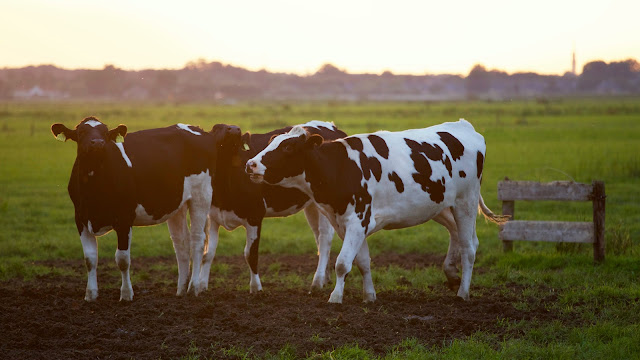Agriculture remains a cornerstone of the American economy and the global food supply. But uncertainties associated with climate change, natural disasters, and market dynamics pose significant challenges for American farmers In this article, we examine the importance of farm insurance within the United States, focusing on the role of insurance companies comply, and we examine the current state of farm insurance coverage premiums.
Importance of Agricultural Insurance in the United States
Because of the country’s varied climate and soil, American farmers face risks. From the arid regions of the Southwest to the fertile plains of the Midwest, each region has its own set of challenges that can affect crop yields and livestock performance Here, farm insurance plays an important role in providing financial security to for unexpected adversity, and ensures that farmers can so continue to contribute to national food security.
Major coverage areas in the US.
- Crop Insurance: In the United States, crop insurance is an important source of risk management for farmers. The Federal Crop Insurance Program of the U.S. Department of Agriculture. Administered by the Department of Agriculture (USDA), it provides subsidized insurance to protect against crop losses due to adverse weather, pests, and disease.
- Livestock Insurance: Livestock producers in the US. also benefit from insurance coverage. The USDA-sponsored Livestock Risk Protection (LRP) program helps protect against falling livestock prices. Additionally, animal insurance covers losses due to diseases, accidents and other unforeseen events.
- Property and Equipment Insurance: Hurricanes, fires and other perils can damage farm buildings, equipment and supplies. Property and equipment insurance policies in the US. covers the cost of repair or replacement, and ensures that field operations can quickly recover from such setbacks
The role of insurance companies in the United States.
In the United States, insurers play an important role in providing adequate insurance coverage to farmers. They have a general understanding of the US. agricultural conditions and offer tailored solutions to address the specific risks faced by farmers in different regions These agencies help guide farmers through the complex process of choosing and purchasing an insurance plan that matches their needs specifically meet the.
Additionally, insurance companies provide ongoing support throughout the insurance period. They facilitate the handling of claims, help farmers submit the necessary paperwork and ensure timely payments, which are essential to keeping the economy afloat during difficult times in the den.
Current status of agricultural insurance in the United States.
In recent years, the U.S. government has emphasized the importance of risk management for agricultural sustainability. Farm Bill, comprehensive legislation for the U.S. agricultural sectors include programs on crop insurance programs, subsidies, and disaster relief These programs aim to increase access to insurance and help farmers manage risk types are handled effectively.
Conclusion
Agricultural insurance plays a critical role in improving the livelihoods of American farmers and ensuring a healthy food supply. Through the concerted efforts of insurance companies, government programs, and farmers themselves, the United States continues to strengthen its agricultural resilience as the nation faces ongoing challenges, including climate change and markets so changes included, partnerships between insurers and farmers were still necessary to maintain the momentum American agriculture.





